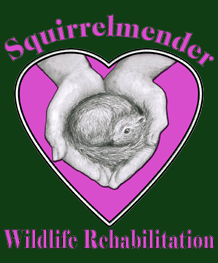
- Home
- Helping Wildlife
- Important Rescue Info!
- Found A Baby Squirrel?
- Found A Juvenile Squirrel
- Found Adult Squirrel
- How to Rescue Wildlife
- Handling Wildlife
- What About Rabies
- Dead Wildlife
- Find a Rehabber
- Make a Donation
Every dollar donated to Squirrelmender Wildlife Rehabilitation goes directly to the care of wildlife providing food, medical supplies and housing for the hundreds of animals that come through here.
Donate NOW
Squirrelmender Wildlife Rehabilitation
330 Charro AvenueAddress
Thousand Oaks, CA
91320
A tax-exempt, non-profit permitted by the California Department of Fish and Game.
Phone:805-498-8653
E-mail:
We also accept online donations through Network for Good.

Thousand Oaks, CA 91320
phone: 805-498-8653
cell: 805-338-0481
About Handling, Keeping Trapping or Killing Wildlife
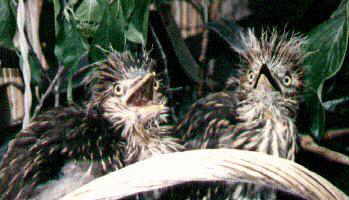
The following activities are illegal and punisheable. The laws were created to protect animals from humans who often, even with the best intentions, cause suffering due to lack of information (as well as intentional harm by some). It is illegal to:
The Lacey Act (federal) restricts the interstate transport of birds and other animals if they were illegally taken.The Migratory Bird Treaty Act and other federal laws protect native and migratory birds, their eggs, and breeding grounds. Although these laws are complex, we interpret them simply to mean that birds and their eggs must not be disturbed unless the birds are orphaned or injured. The only birds that are not protected by Federal law, because they are considered introduced species, are:
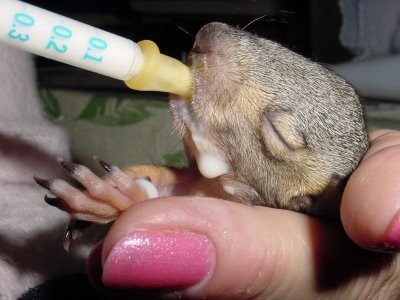 This information is posted with the permission of its authors
- the Wildlife Rescue League, Falls Church, VA
|
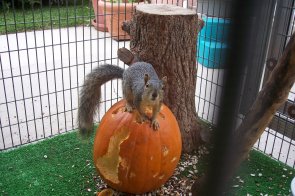 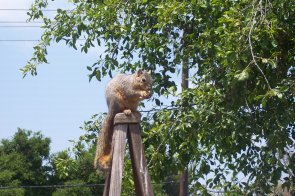  |